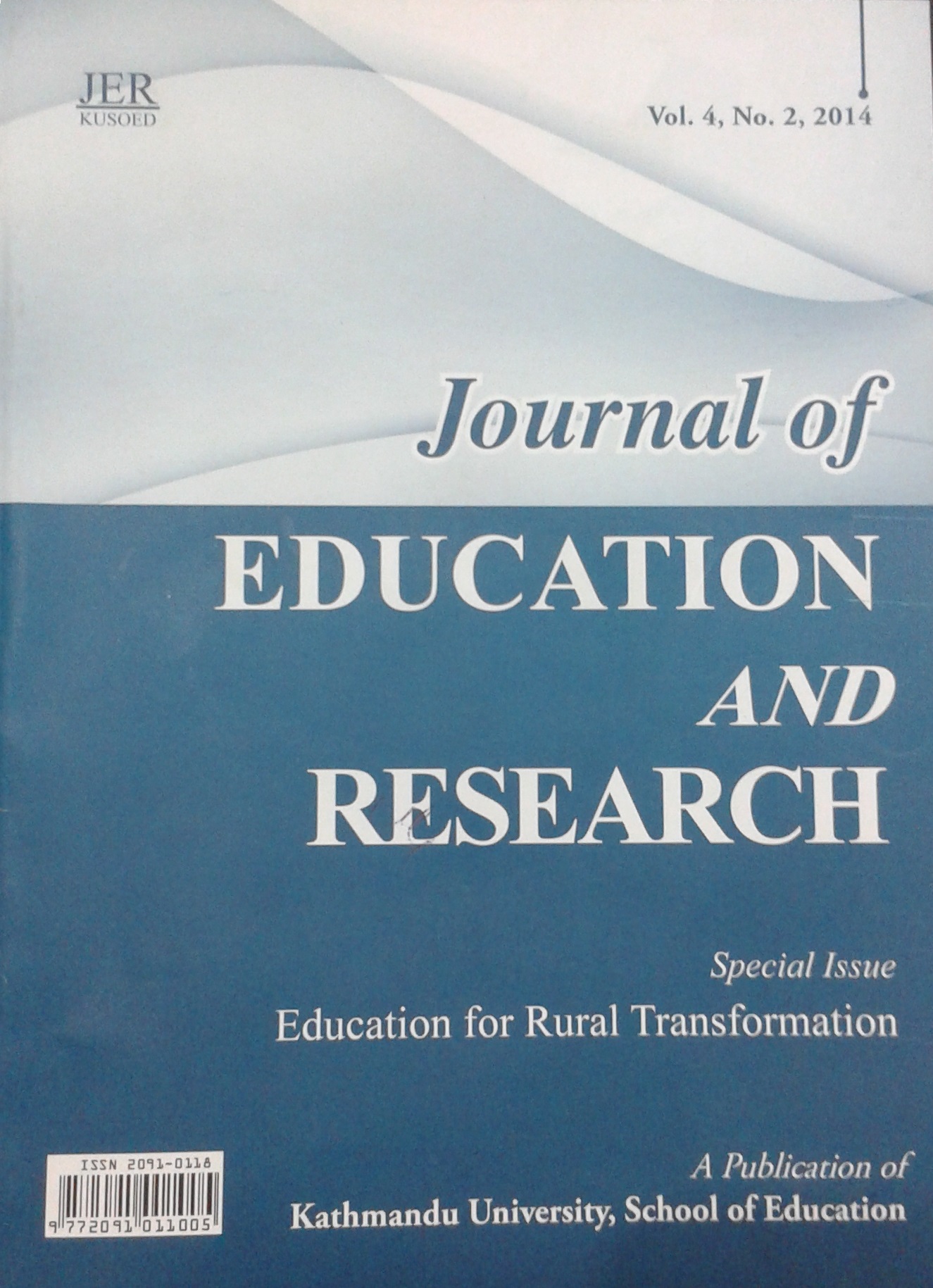Theorizing Rural Transformation Through Bourdieuian Lenses: Trumping Dominant Models With Sustainable Indigenous Practices
Keywords:
Bourdieu, Communities, Education, Rural TransformationAbstract
Education for rural transformation requires a critical analysis and appraisal of policies and education programmes, and skills development that can lead to the creation of sustainable jobs for rural people. This paper will examine and analyze how inclusion or exclusion manifests for rural people, and will do so with Pierre Bourdieu’s socio-critical theoretical framework that provides a three pronged (Habitus, Capital and Field), but unified approach that can be utilized to theories education for rural transformation. Bourdieu draws our attention to three interactive ways of conceptualizing and understanding inclusion, exclusion, marginalization, disadvantage and transformation via:1) the objective, physical, outright rejection in community due to the ways individuals are positioned and named in that community (field); 2) overt or covert denial of social, economic and cultural goods (capital), and 3) the inside subjective world, the space of thought, mind, attitudes, idea and interiority, which Bourdieu referred to as habitus (Bourdieu, 1990, 1996, 1998 & 1999). The paper provides a socio-critical framework for educators of how to work with rural people to enhance their living standards.




